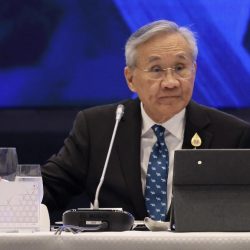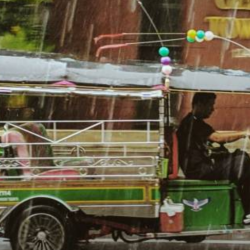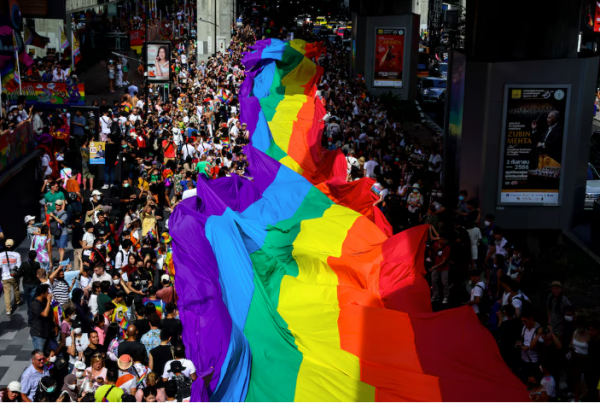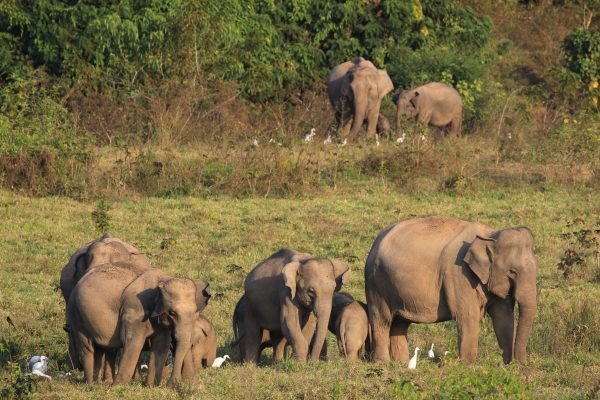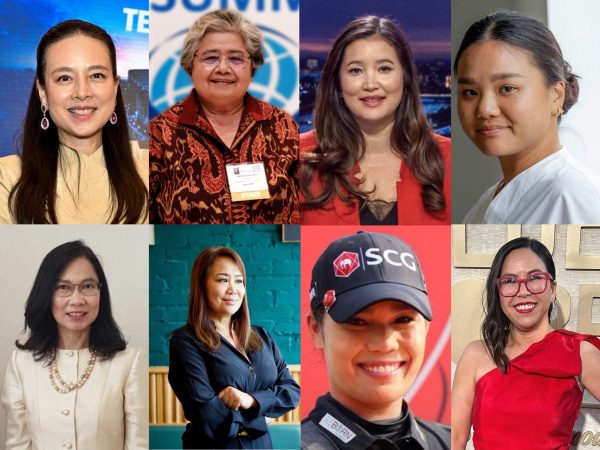The history of Thailand’s holy-day alcohol ban – and why it could soon be lifted

The Move Forward Party has offered a trickle of hope to drinkers who have long agonized over the alcohol ban imposed during religious holidays. The ban will be banished if it forms the new government, the party has promised.
“Scrapping the prohibition is one of our policies,” affirmed Amarat Chokepamitkul, who was elected as a party-list MP for Move Forward when it scored a shock win in the May 14 national poll.
She highlighted the policy after the ban was enforced for Visakha Bucha Day last Saturday, when Thailand’s normally buzzing nightlife fell silent, along with countless cash registers around the country.
Thai authorities prohibit the distribution of alcoholic drinks on five religious holidays, including Visakha Bucha, which marks the birth, death and enlightenment of Lord Buddha. Abstaining from intoxicants such as alcohol is one of the Five Precepts that all Buddhists are encouraged to follow.
However, while most Thais are Buddhists, the country is also home to other faiths, and to people who profess no faith at all. Meanwhile, not all Buddhists willingly agree to abstain from alcohol on their holy days.
However, those caught violating the ban risk up to six months in jail and/or a fine of 10,000 baht.
Rationale for lifting ban
Taopiphop Limjittrakorn, who was elected as a Bangkok MP under the Move Forward banner, says the government should function as a secular state rather than imposing the ideals of one religion on all people in Thailand.
“Don’t forget that we are a multicultural country,” he emphasizes.
In his view, the ban also violates people’s freedom of faith and of occupation, both of which are enshrined in the Constitution.
Amarat also points out that most other countries do not enforce such bans – theocracies being the exception. Meanwhile, the government can impose other measures if it is worried about drunk driving on holidays, for example by deploying checkpoints to test drivers for alcohol, she adds.
A survey of 412 Generation Z members (aged 18-25) released by a Rangsit University’s lecturer Assoc Prof Dr Thamrongsak Petchlert-anan last December showed that more than half wanted the ban scrapped while only 30.6% wanted it to stay. The rest declined to comment.
How did the ban get started?
In late 2007, the government formed by the Council for National Security in the wake of the 2006 coup passed the Alcoholic Beverages Control Bill. After the law took effect, the government led by Abhisit Vejjajiva issued a ministerial regulation prohibiting the sale of alcoholic beverages on Makha Bucha Day, Visakha Bucha Day, Asarnha Bucha Day, and Wan Khao Phansa (so-called Buddhist Lent). Only hotels were exempted from the ban.
In 2015, the post-coup National Council for Peace and Order government extended the alcohol ban to cover hotels and added a fifth annual holiday, Awk Phansa, or the end of Buddhist Lent Day. The only exemptions granted were for airport duty-free shops and for business-to-business sales.
Thai prohibition through the ages
According to an article in Thai history magazine “Silpa Wattanatham”, testimony from foreign travelers to Siam suggests that alcohol was less popular among Thais in previous centuries because of prevailing Buddhist beliefs.
The article mentions that drinking alcohol was banned among royals and courtiers during the Ayutthaya Period, though the rule was not strictly observed.
In the later Rattanakosin Period, King Rama I issued a tough law against alcohol consumption. According to the ban, royals who drank liquor would be downgraded to commoners and be branded with a tattoo on their forehead. But that ban had eased after Siam had to deal more with foreigners. In fact, with the influx of imported liquor, alcohol consumption had finally become widespread.
By 1972, an announcement of the Revolutionary Council during Field Marshal Thanom Kittikachorn’s tenure decided to restrict the sale of alcohol in shops to certain hours only, reportedly because many civil servants were failing to report to work due to hangovers. People were permitted to buy alcohol between 11am and 2pm and again from 5pm to midnight only.
This rule was not strictly enforced until convenience stores started mushrooming across the country. Enforcement tightened after the Office of the Prime Minister issued a regulation in 2015 clarifying that alcohol can be sold only during those hours, except at international airports or entertainment venues.
By Thai PBS World’

